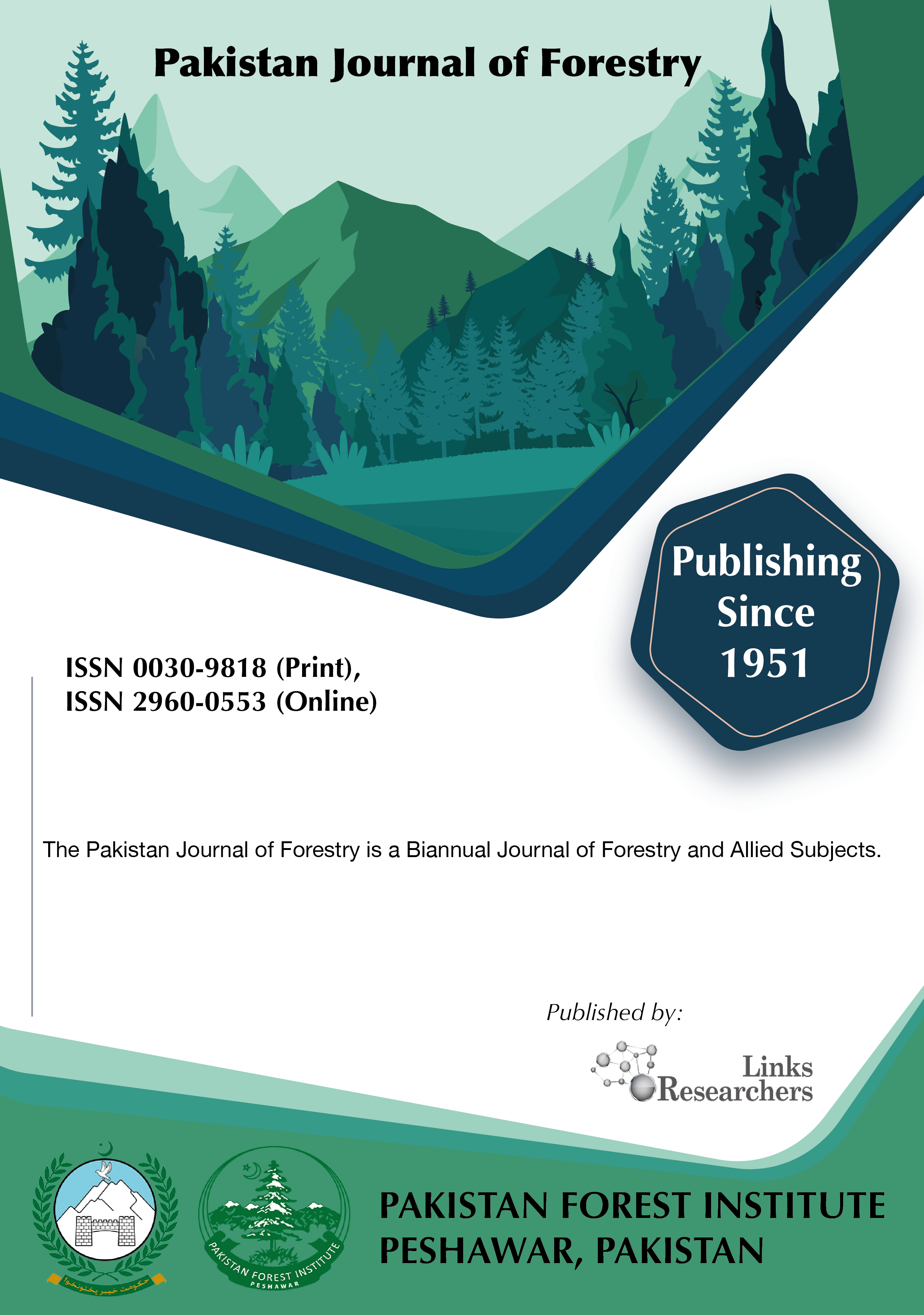Tarbela watershed management project historical prospective, impact, lessons learnt
Tarbela watershed management project historical prospective, impact, lessons learnt
Mohammad Iqbal Swati
ABSTRACT
The majority of upland watersheds suffer from varying degrees of soil erosion and land degradation mainly due to high rate of deforestation, inadequate soil conservation measures, poor agriculture terracing, intensive agricultural activities, over-grazing, complex land tenure, and prevailing poverty in the mountain regions. As a result of water erosion top soil is being washed away into rivers, streams and water reservoirs, which are the main source of irrigation water and hydropower. The consequences of degradation of upland watersheds are severe, including annual loss of million tones of fertile soil due to soil erosion, sedimentation of Tarbela and Mangla reservoirs, reduced hydropower generation, devastation floods, desertification, decline in agriculture productivity, loss of biodiversity and increase in environmental pollution. Reduced supply of irrigation water coupled with inadequate ground water recharge in dry and semi-arid regions is threatening agriculture productions and food security of Pakistan.
To share on other social networks, click on any share button. What are these?





